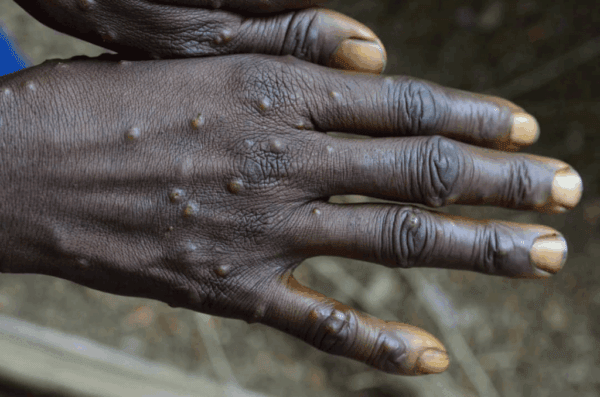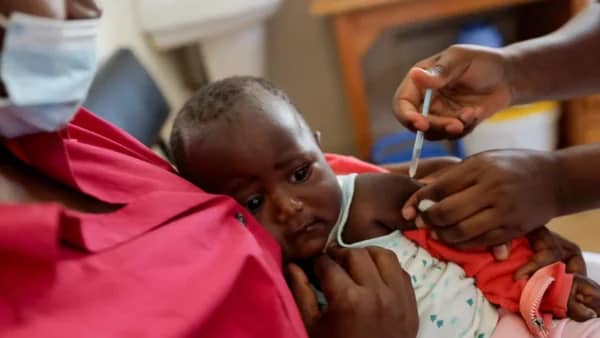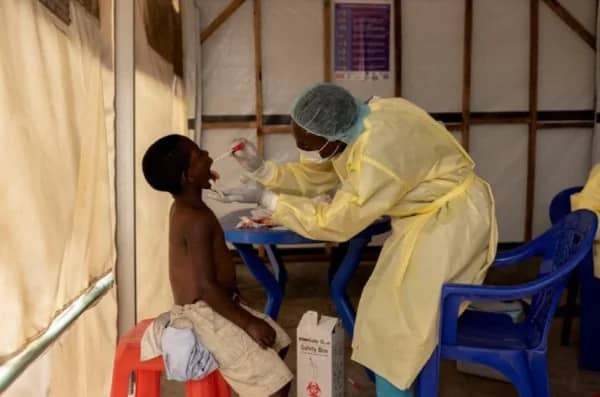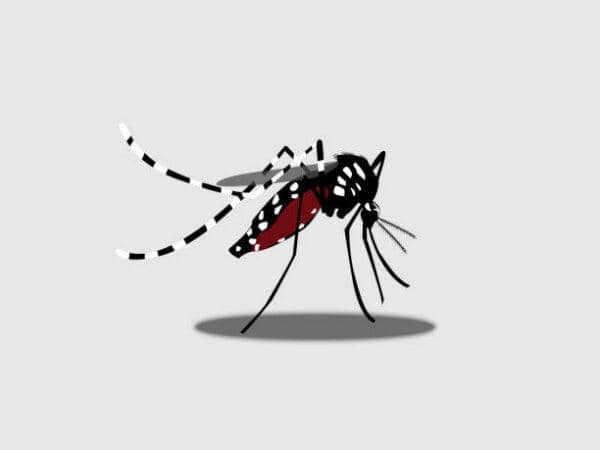Mpox Resurgence: Protecting Our Communities Together
As a community deeply committed to health and well-being, we’re facing a renewed challenge: the resurgence of Mpox. This highly contagious viral illness, characterized by flu-like symptoms and painful skin lesions, has caused a significant outbreak in the Democratic Republic of Congo (DRC) and neighboring African countries. This alarming trend has prompted the World Health Organization (WHO) to declare Mpox a public health emergency of international concern.
Over 20000 mpox cases due to MPXV clade I and clade II have been reported from 13 African Union Member States, including over 3000 confirmed cases and over 500 deaths according to the Africa CDC Epidemic Intelligence Report issued on 25 August 2024 and the WHO AFRO weekly report of 23 August. Read more…
Protecting the Vulnerable: Children First
Our hearts go out to those impacted by Mpox, particularly children who are especially vulnerable to this disease. We at Our Islamic Charity are actively working in affected areas like the DRC, South Sudan, and Pakistan to reduce infections and protect the most vulnerable populations. Unfortunately, these three countries have a high rate of this disease and it must be addressed and controlled before it spreads nationwide.
Empowering Through Education:
We believe knowledge is power in the fight against Mpox. Our dedicated teams are conducting comprehensive training courses on personal health and hygiene practices, specifically tailored for those who have contracted the disease. This empowers individuals to manage their own well-being and prevent further transmission.
Delivering Relief: Self-Care & Beyond
We’re providing essential self-care solutions and comprehensive health packs to those battling Mpox. These packs contain vital supplies that ease symptoms and promote faster recovery.
Building a Brighter Future: Nationwide Vaccination Efforts
Our most significant initiative is building a robust nationwide vaccination supply chain in the affected countries. This is crucial to prevent further outbreaks and safeguard the health of entire communities. With a focus on children, who are at higher risk, we aim to create a shield of protection through widespread vaccination programs.
Standing Together: Your Crypto Donation Makes a Difference
We understand that many of you share our commitment to protecting vulnerable populations. In this critical time, your Crypto donation can empower our efforts to combat Mpox. Your contribution, no matter how big or small, will directly translate into life-saving self-care kits, educational resources, and the development of a sustainable vaccination infrastructure.
Together, we can build healthier communities and ensure a brighter future for all. We urge you to join us in this fight against Mpox. Donate today and make a lasting impact.
















